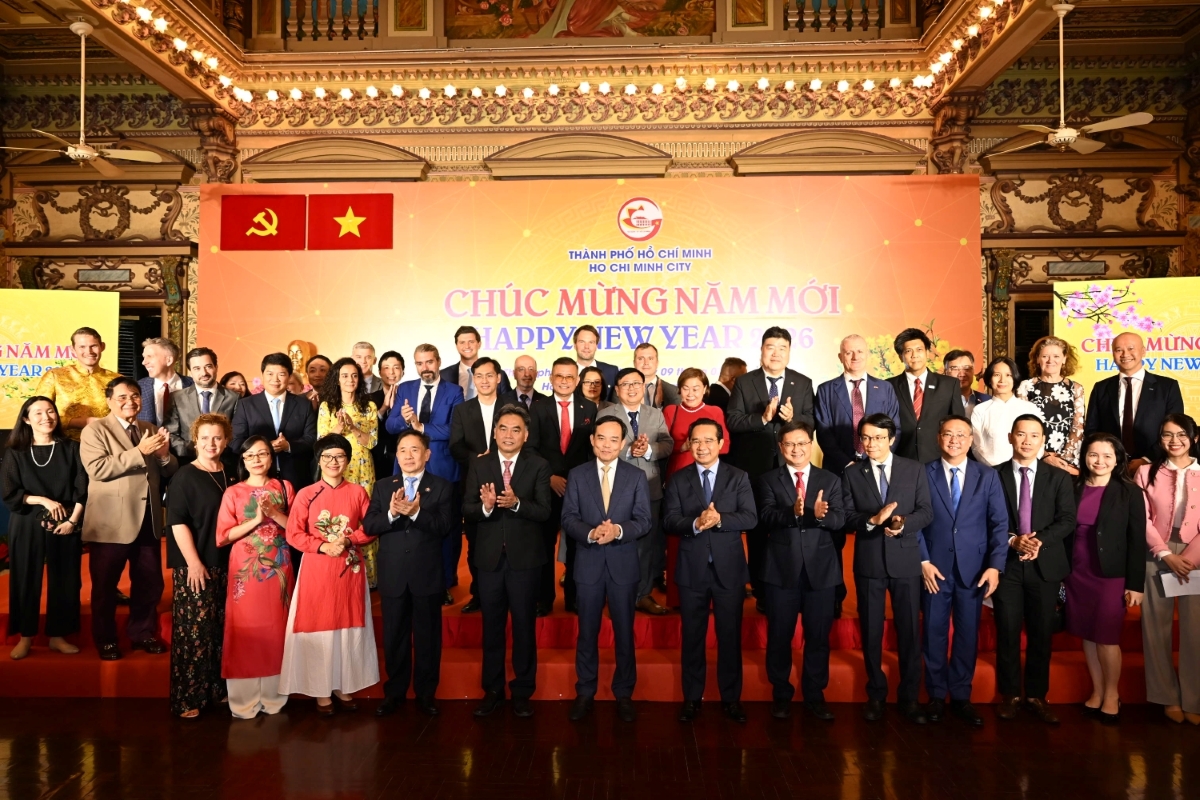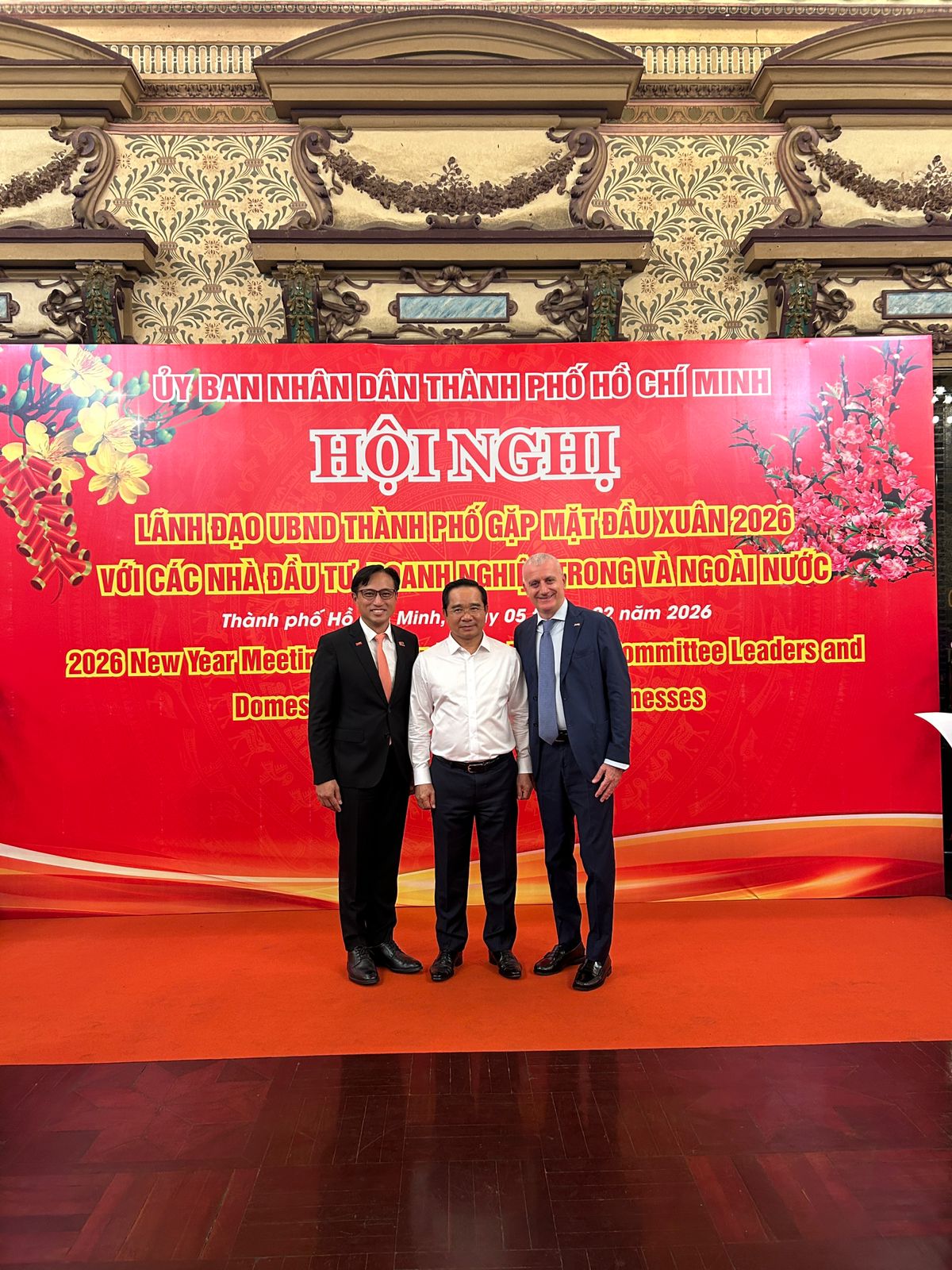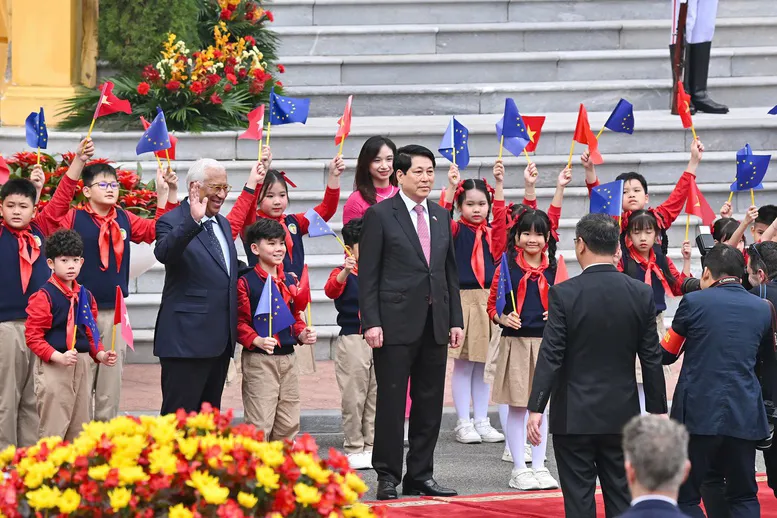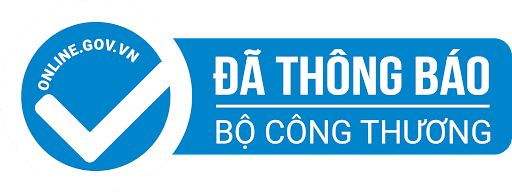In this “new normal” where mobile working and technological advancements are ruling the world, the working world has been transformed at lightning speed. Plenty of opportunities and challenges are gaining momentum. Let’s explore the latest impactful stories and trends from the world of work.
1. Recruitment Science and the future of work: Talent Acquisition + AI + Data Analysis
The convergence of technology and human resources is fundamental to the success of businesses nowadays. By proper and timely approaches, any business can leverage this to develop long-term sustainability.
In the recruitment industry, the combination of recruitment consultants and technologies such as AI and data analysis will possibly emerge a new role called Recruitment Scientist. It’s not an official job title right now, but at least future talent acquisition roles will require elements of what we’re calling “recruitment science”.
What is it, exactly?
2. Employee wellbeing: A new model to help organizations fix problems they didn’t even realize
The rapid emergence of mobile and hybrid working has spiked up recruiters’ attention for employee wellbeing. What was once considered a perk for employees is now a key opportunity that enables organizations to thrive.
The Adecco Group Foundation developed the Workforce Vitality model to address employee wellbeing in organizations around the world. This is a holistic framework that can be used to test existing programs or incorporate new practices to measure and enhance employee wellbeing in this new normal.
Click here to download the full research.
3. 110 million fewer jobs worldwide after the pandemic: Time for upskilling and reskilling
Across the world, 110 million jobs have been lost due to the pandemic, which resulted in 22 million people being out of work, according to the 2021 OECD Employment Outlook.
Now is the time for businesses to reskill and upskill workers for post-pandemic recovery, the OECD outlook urges, as employment rates might not return to pre-pandemic levels until at least 2023.
Here are more key takeaways and insights from the 2021 OECD Employment report.
4. If remote work is here to stay, how can we make it work for everyone?
It’s undeniable that the world would never be the same, even post-pandemic. Two years into the “new normal”, employees across many countries have been used to remote working to the point that they prefer not to be back to offices. The Adecco Group surveyed 8,000 office-based workers, managers, and C-level executives in 8 countries, the results were striking: 74% of workers would like a mix of office-based and remote work in the future and 79% of C-Suite leaders believe that business will benefit from allowing increased flexibility.
So, how can we make this works for everyone? Let’s shed light on some key challenges and compare legislation implementations across 16 countries in The Adecco Group’s research.
5. Asynchronous Video Interview: Can the latest virtual recruitment trend enhance talent acquisition?
In addition to regular video interviews, recruiters are using virtual one-way interview (Asynchronous Video Interview – AVI) as another way to assess candidates. In AVI, there’s no direct conversation between candidates and the recruiter. Instead, candidates are required to record audio/video responses to a set of predesigned questions. These responses are then scored by the recruiters, or even computer algorithms to pick out the best candidates.
This method is timesaving and provides great flexibility for employers, especially when they must deal with many applications in a short-term campaign. For candidates, AVI offers a less stressful interview experience, where they know what is coming ahead and have time to practice.
However, this new momentum has some potential disadvantages, as mentioned in an article by The Adecco Group.






